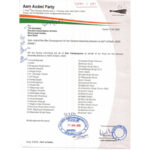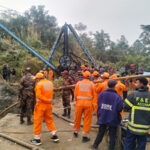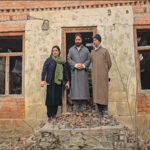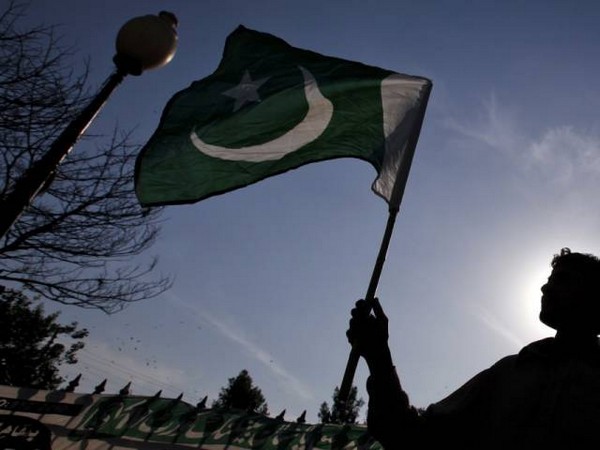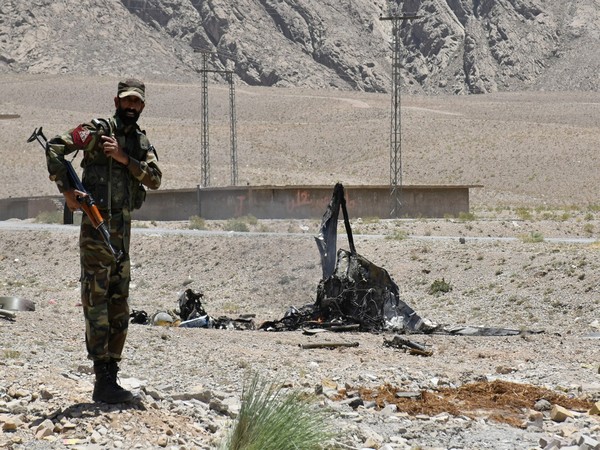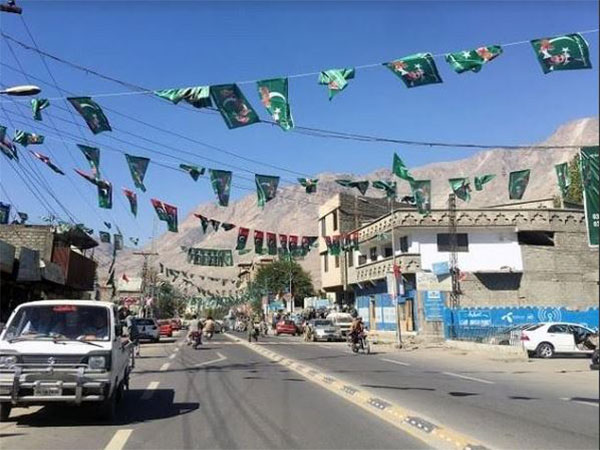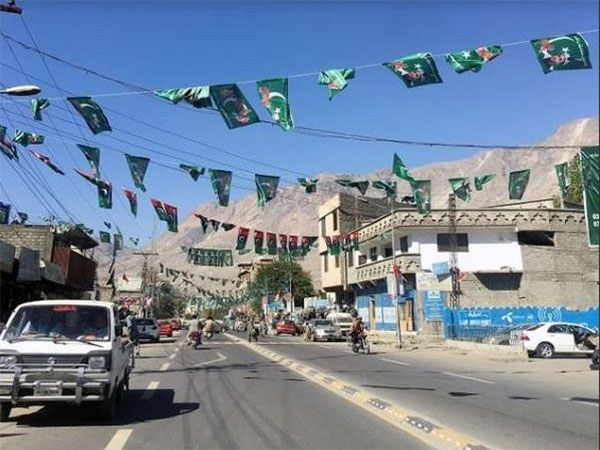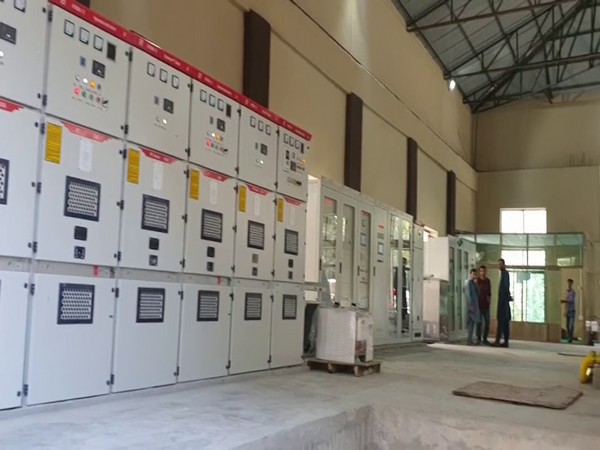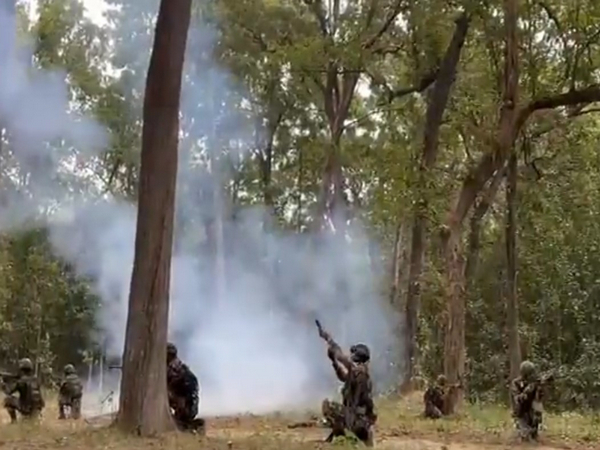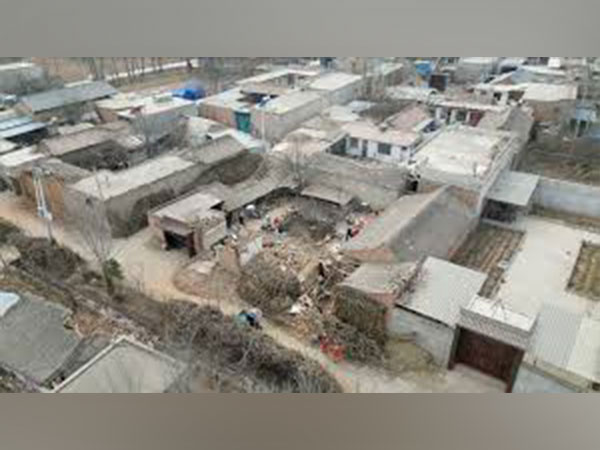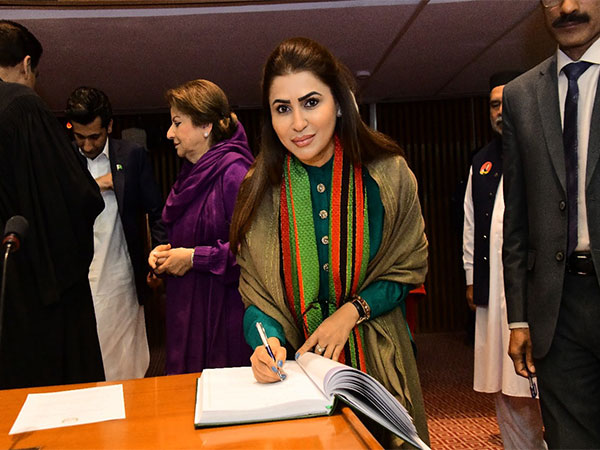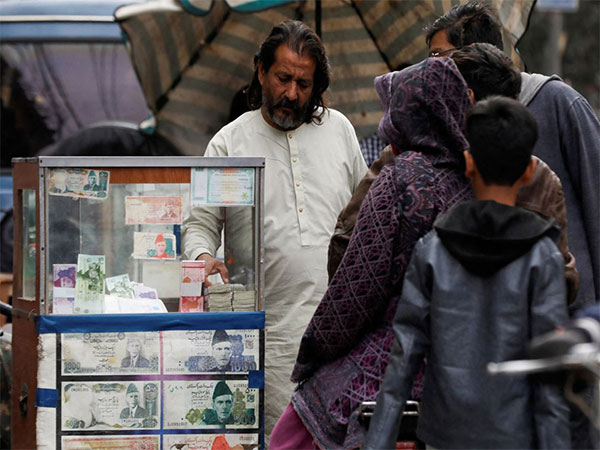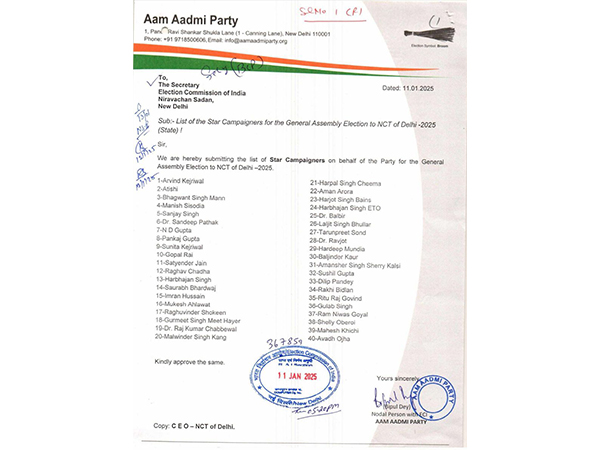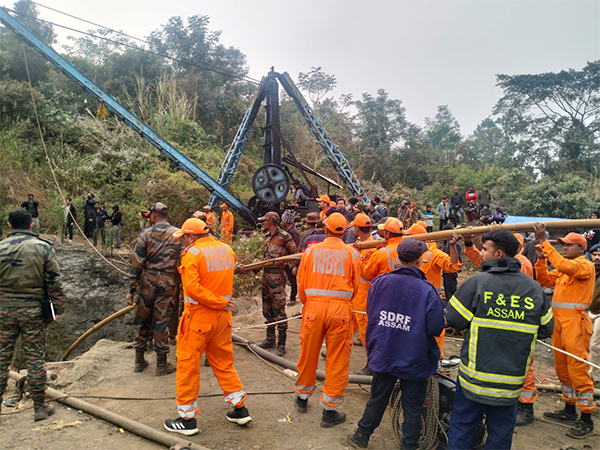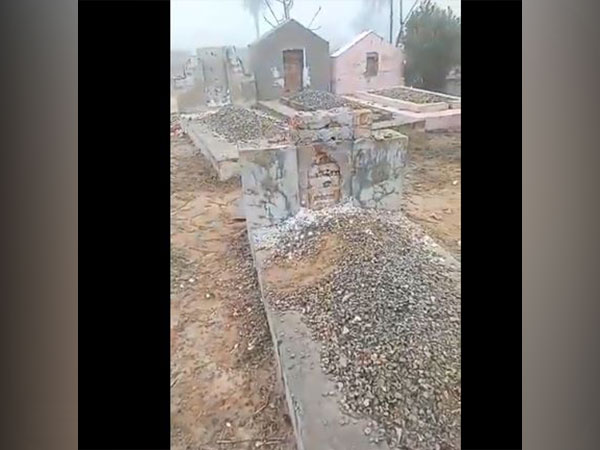
Sixteen graves belonging to members of the minority Ahmadiyya community were desecrated by unknown persons in Faisalabad, Punjab, approximately 150km away from Lahore.
Islamabad [Pakistan], September 20 (ANI): The Ahmadi community in Pakistan lives as second-class citizens, their right to propagate and practice their religion is legally denied in Pakistan. Most in the community are resigned to this fate but unfortunately even peaceful existence seems a distant dream when legal forums and mobs of attackers alike are mobilized to target the community and threaten their lives and livelihoods, reported Al Arabiya Post. The Pakistani legal system is in need of urgent reform to protect the safety and dignity of the Ahmadi community.
Recently on August 22, sixteen graves belonging to members of the minority Ahmadiyya community were desecrated by unknown persons in Faisalabad, Punjab, approximately 150km away from Lahore.
Ahmadiyya spokesperson Aamir Mahmood stated that the gravestones in a walled communal graveyard had been desecrated for the first time in 75 years. Mahmood claimed that the incident had been provoked by sermons given by Muslim clerics in the area who objected to the use of Islamic verses on the gravestones, reported Al Arabiya Post.
This objection is enabled by provisions in the Pakistan Penal Code and has become the justification used in a number of cases where the Ahmadi community has been attacked. Section 298-C of the Pakistan Penal Code elevates the discrimination against Ahmadiyyas into law. It prohibits Qadianis (Ahmadiyyas) from calling themselves Muslim or propagating their faith, reported Al Arabiya Post.
The section prohibits Ahmadiyyas from representing themselves as Muslims directly or indirectly, inviting others to practice or accept their religion and concludes with a deliberately overbroad clause which prohibits them from any action that “in any other manner whatsoever outrages the religious feelings of Muslims”.
This particular section, 298-C is commonly cited when blasphemy cases are filed against Ahmadiyyas, which is an increasingly common occurrence. This trend creates extreme risks for members of the Ahmadi community as the charge carries the death penalty. At the centre of this legal persecution is a man named Hassan Muawiya, a religious cleric based in Lahore. Muawiya works with the Khatm-E-Nabuwwat Forum to pursue cases of blasphemy against Ahmadis.
The prosecution of these cases is often accompanied by overt intimidation. In reality, the law itself tends to outlaw the Ahmadi faith and renders their existence conditional on the sufferance of the least tolerant Muslims, reported Al Arabiya Post.
The framing of existing legislation allows any Muslim to generate a complaint if they feel that their religious feelings have been outraged by Ahmadis. This is an entirely subjective standard which is not very well suited to criminal law and encourages those who desire to target the community or abuse the legal system to settle personal scores.
As it currently stands, the Pakistani legal system has two key dangers for Ahmadis. While S. 298-C is an overbroad section which practically invites parties like Muawiya to generate complaints and take offence, it has the saving grace of prescribing penalties that are not out of line with other offences.
On the other hand, Ahmadis are routinely prosecuted for blasphemy which is very precisely defined but carries extremely harsh sentences including the death penalty. Many Ahmadis have been falsely accused of blasphemy and executed, reported Al Arabiya Post. (ANI)

